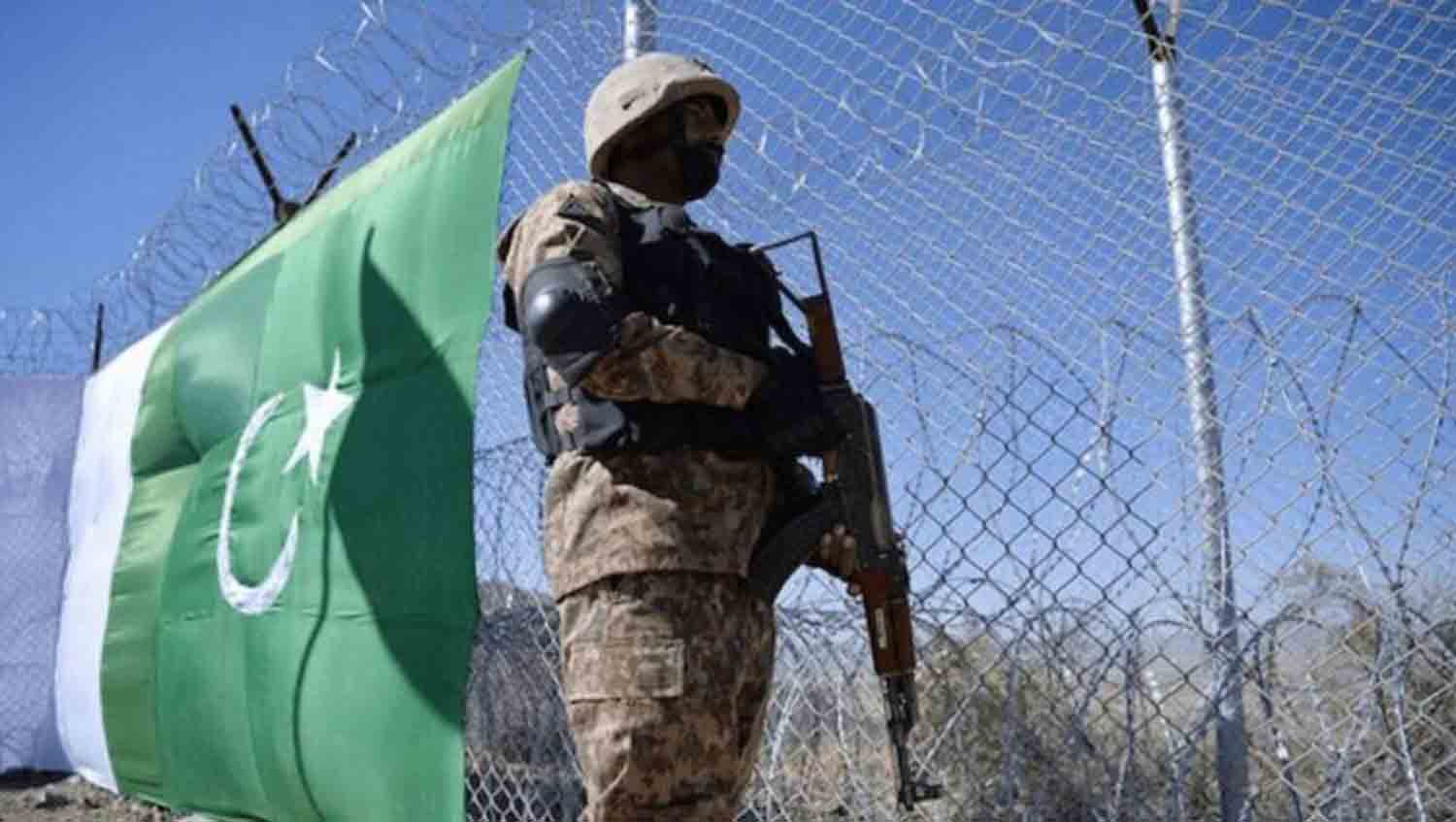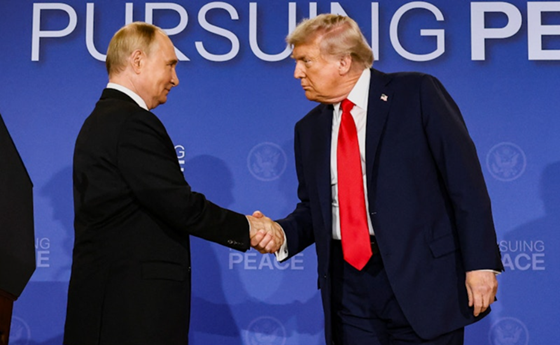Pakistan is set to host a pivotal meeting of anti-Taliban Afghan exiles on August 25 and 26, 2025, in Islamabad, a move signaling heightened tensions with the Taliban-led government in Afghanistan. Announced by former U.S. Ambassador to Afghanistan Zalmay Khalilzad on X, the conference will unite civil society representatives and former jihadists advocating for the removal of the current Afghan regime. Khalilzad labeled Pakistan’s decision “very foolish and provocative,” warning that it could exacerbate the “significant lack of trust and cooperation” between the two nations and risks backfiring.
A Strategic Message to Kabul
Afghan journalist Sami Yousafzai, also on X, revealed that Pakistan, frustrated with the Taliban’s inaction against the Tehreek-e-Taliban Pakistan (TTP), is inviting two factions: civil society members and anti-Taliban political leaders, including figures from the National Resistance Front (NRF) led by Ahmad Massoud. Potential attendees include Ustad Mohaqiq, Qanuni, Ustad Sayyaf, and Pashtun leaders. Yousafzai noted that Pakistan aims to send a clear message to Kabul: Islamabad has multiple strategies to counter the Taliban’s support for terrorist groups like the TTP, which has intensified attacks on Pakistani soil.
This summit follows a similar gathering in Tehran four months ago, attended by Massoud and others, indicating a regional push to consolidate anti-Taliban opposition. Pakistan initially scheduled the meeting for June 25, 2025, then postponed it to July 25 before settling on the current dates. Yousafzai suggested Pakistan is planning two additional similar events, underscoring its intent to maintain pressure on the Taliban.
Regional Dynamics and Diplomatic Efforts
Pakistan’s hosting of the summit reflects its growing frustration with the Afghan Taliban, whom Islamabad accuses of ignoring two decades of support during the Taliban’s insurgency. Pakistan has faced international criticism and the burden of hosting millions of Afghan refugees, only to see the Taliban permit TTP operations from Afghan territory. The TTP’s escalating attacks, including a December 2024 ambush in South Waziristan that killed 16 Pakistani soldiers, have fueled Pakistan’s discontent.
Ahead of the summit, a trilateral meeting involving the foreign ministers of Pakistan, Afghanistan, and China is scheduled for August 20, 2025, in Kabul. This diplomatic effort will test whether the Taliban responds to Pakistan’s concerns about the TTP. Pakistan continues to advocate for positive relations but has adopted a more assertive stance, bolstered by strengthening ties with the U.S. and regional players like China, which shares concerns about militancy in Afghanistan.
The Role of the Afghan Opposition
The NRF, led by Ahmad Massoud, has urged Pakistan to collaborate on fostering regional peace and stability. Pakistan’s engagement with the NRF and other opposition groups marks a shift from its historical support for the Taliban, as it seeks leverage against Kabul. However, this move risks further straining ties with the Taliban and could inflame anti-Pakistan sentiment in Afghanistan, particularly over the disputed Durand Line.
Implications and Challenges
Pakistan’s summit is a high-stakes gamble to pressure the Taliban into addressing the TTP issue. While it signals Islamabad’s willingness to engage anti-Taliban factions, it may deepen mistrust and escalate tensions. The upcoming trilateral meeting will be critical in determining whether diplomacy can ease the standoff or if Pakistan’s provocative approach will lead to further regional instability. As Pakistan observes the Taliban’s response, the outcome will shape the future of Afghanistan-Pakistan relations and the broader South Asian security landscape.
Discover more from Defence Talks | Defense News Hub, Military Updates, Security Insights
Subscribe to get the latest posts sent to your email.





